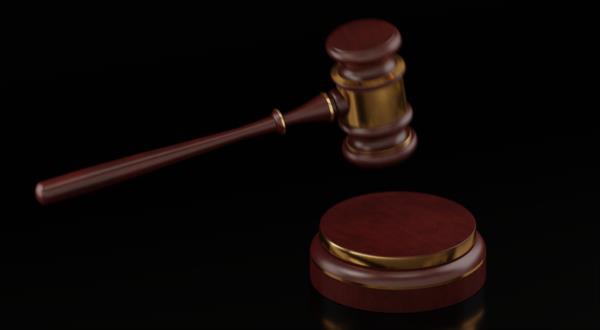
During the defense's closing argument in the courtroom, Todd Blanch highlighted that Eric Trump and Donald Trump Jr. had signed off on checks to Michael Cohen, questioning why they weren't called as witnesses if they were part of a criminal conspiracy. Blanch effectively pointed out gaps in the prosecution's case, emphasizing the absence of key witnesses and focusing attention on Michael Cohen's credibility issues.
Blanch's strategy seemed to resonate with the jury, who remained attentive throughout the proceedings. The defense's argument aimed to cast doubt on the prosecution's case, particularly regarding the credibility of Cohen as a witness.
Meanwhile, prosecutor Joshua Steinglass presented evidence of phone calls between Cohen and Weisselberg, highlighting specific calls preceding the Stormy Daniels payment. Steinglass pointed to bank records showing the wire transfer from Cohen to Keith Davidson, labeling the $130,000 payment as a payoff rather than a retainer.
Steinglass argued that the case heavily relied on Cohen's credibility, which he deemed lacking. He emphasized that the prosecution's case hinged on Cohen's testimony linking President Trump to the alleged offenses, a point that he considered a fatal flaw.
Witness testimony from Deb Tarasoff and Jeff McHoney, Trump Organization officials, provided a different perspective, suggesting that the payment records were consistent with the organization's standard practices for lawyer payments. This testimony challenged the prosecution's theory of business records fraud.
Overall, the defense's focus on the credibility of witnesses and the prosecution's reliance on Cohen's testimony emerged as key points of contention in the trial. The defense's efforts to redirect attention to the factual evidence at hand rather than sensationalism appeared to resonate with the jury.







